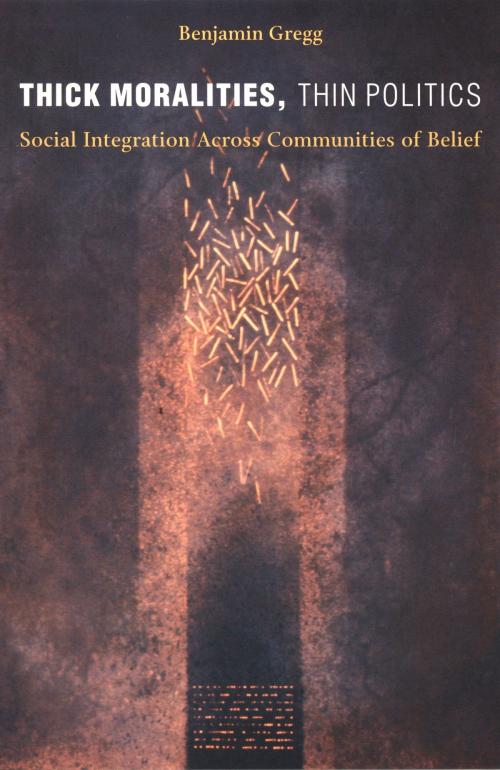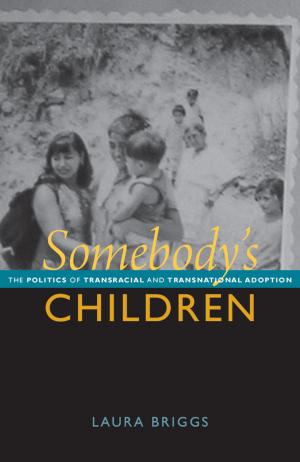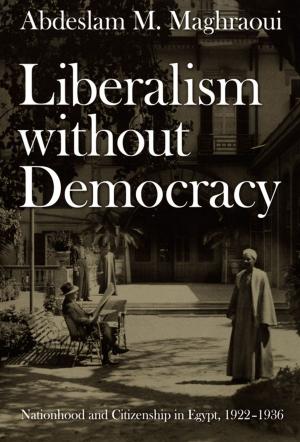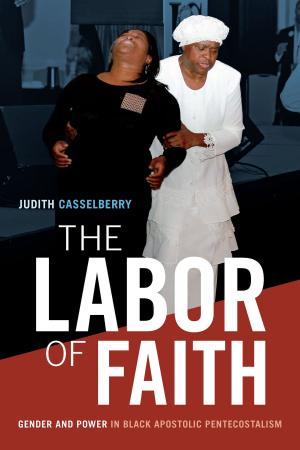Thick Moralities, Thin Politics
Social Integration Across Communities of Belief
Nonfiction, Social & Cultural Studies, Social Science, Sociology| Author: | Benjamin Gregg | ISBN: | 9780822384526 |
| Publisher: | Duke University Press | Publication: | April 18, 2003 |
| Imprint: | Duke University Press Books | Language: | English |
| Author: | Benjamin Gregg |
| ISBN: | 9780822384526 |
| Publisher: | Duke University Press |
| Publication: | April 18, 2003 |
| Imprint: | Duke University Press Books |
| Language: | English |
At the center of pluralistic societies like the United States is the question of how to make broadly consensual social policy in light of the different moral values held by a heterogeneous population varying in ethnicity, sexual identity, religion, and political belief. In Thick Moralities, Thin Politics Benjamin Gregg develops a new approach to dealing with conflicting values in the policymaking process. Arguing that public policy suffers when politics are laden with moral doctrines, Gregg contends that "thickly" moral public philosophies cannot be the basis of a successful political process. He offers a "thin" model of political decision-making which brackets moral questions (within the public sphere), deliberately working around them whenever possible—not toward political consensus, but rather the more realistic goal of mutual accommodation.
Thick Moralities, Thin Politics grapples with the work of theorists from both sides of the Atlantic, including Jürgen Habermas, Anthony Giddens, and Niklas Luhmann, as well as George Herbert Mead, Erving Goffman, and Harold Garfinkel. Gregg develops a model of validity for arguments made in the public sphere, for understanding among competing worldviews, and for adjudicating disputes generated by normative differences. He applies his theory of politics to specific issues of contemporary social life, including those relating to the place of women, minorities, and multiculturalism in American and European society today. He also addresses the scientific study of religion, issues of legal interpretation, and the critique of ideology, in each case illuminating how different epistemic systems, as well as competing value systems, can achieve some understanding of one another. Gregg demonstrates, ultimately, that thin politics actually further, rather than reduce, citizens' engagement in the political process.
At the center of pluralistic societies like the United States is the question of how to make broadly consensual social policy in light of the different moral values held by a heterogeneous population varying in ethnicity, sexual identity, religion, and political belief. In Thick Moralities, Thin Politics Benjamin Gregg develops a new approach to dealing with conflicting values in the policymaking process. Arguing that public policy suffers when politics are laden with moral doctrines, Gregg contends that "thickly" moral public philosophies cannot be the basis of a successful political process. He offers a "thin" model of political decision-making which brackets moral questions (within the public sphere), deliberately working around them whenever possible—not toward political consensus, but rather the more realistic goal of mutual accommodation.
Thick Moralities, Thin Politics grapples with the work of theorists from both sides of the Atlantic, including Jürgen Habermas, Anthony Giddens, and Niklas Luhmann, as well as George Herbert Mead, Erving Goffman, and Harold Garfinkel. Gregg develops a model of validity for arguments made in the public sphere, for understanding among competing worldviews, and for adjudicating disputes generated by normative differences. He applies his theory of politics to specific issues of contemporary social life, including those relating to the place of women, minorities, and multiculturalism in American and European society today. He also addresses the scientific study of religion, issues of legal interpretation, and the critique of ideology, in each case illuminating how different epistemic systems, as well as competing value systems, can achieve some understanding of one another. Gregg demonstrates, ultimately, that thin politics actually further, rather than reduce, citizens' engagement in the political process.















